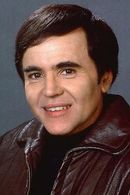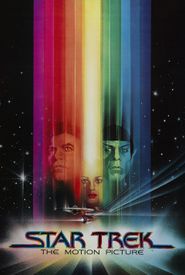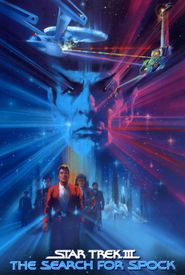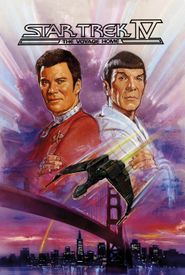Walter Koenig's acting career began in 1962 with an uncredited role as a Sentry in the TV series Combat!. He then had bit roles in several television shows before landing the iconic role of Ensign Pavel Chekov in the original Star Trek series (1966). Koenig went on to reprise this role in all seven of the original Star Trek movies, as well as in various video games and TV series, rising in rank to Lieutenant, Commander, Captain, and Admiral.
In addition to his work in the Star Trek franchise, Koenig had a recurring role as the quintessential scoundrel Bester on the television series Babylon 5 (1993) and appeared in the spin-off series Crusade (1999). He also had a leading role in the video feature Moontrap (1988) and played the character Drexel in the interactive video game Maximum Surge (1996).
Koenig's work in film includes the low-budget feature Drawing Down the Moon (1997) and the martial arts picture Sworn to Justice (1996). He also wrote and performed in the one-character piece "You're Never Alone when You're a Schizophrenic," which was a finalist in the 1996 New York Film Festival awards.
On television, Koenig made guest appearances on shows such as Almost Perfect (1995) and Diagnosis Murder (1993),and hosted a cult movie marathon for Comedy Central. He also wrote for several television series, including The Powers of Matthew Star (1982),What Really Happened to the Class of '65? (1977),Family (1976),Land of the Lost (1974),and the animated Star Trek: The Animated Series (1973) series.
Koenig has also had a successful stage career, spanning over thirty years. He has performed in numerous productions, including "A Midsummer Night's Dream," "Six Characters in Search of an Author," "Make a Million," and "The Boys in Autumn." He has also directed several productions, including "Hotel Paradiso," "Beckett," and "Twelve Angry Men."
In addition to his acting and writing credits, Koenig has taught classes in acting and directing at various institutions, including UCLA, The Sherwood Oaks Experimental Film College, and the California School of Professional Psychology.



























































